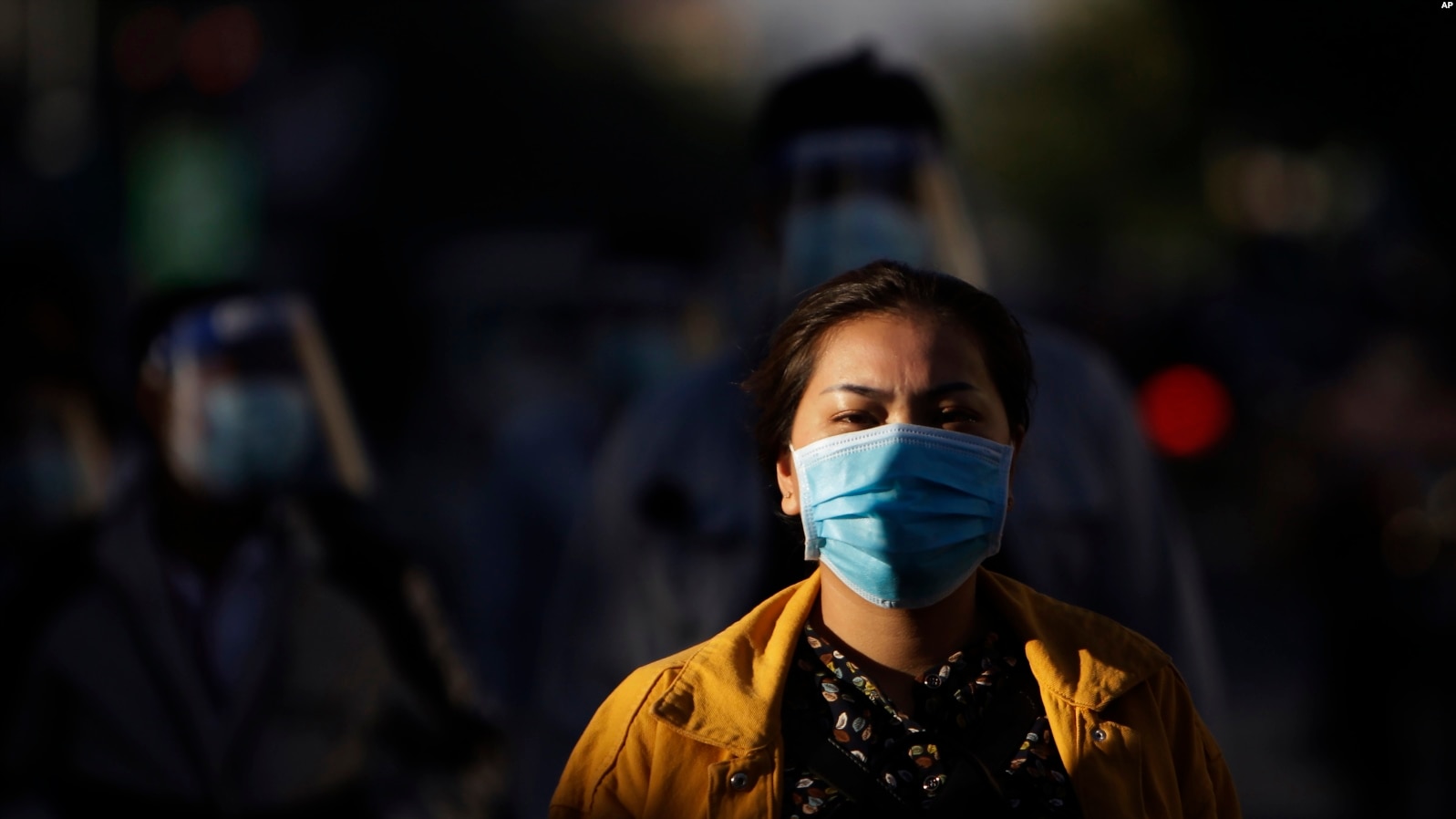
The beauty care segment in Cambodia has emerged as one of the fastest growing sectors with annual growth pegged at the neighbourhood of 10 per cent for the current as well as the next four years.
This was revealed by the Beauty, Health, Personal and Household Care eCommerce Report 2023, which says the sector will remain strong in the next five years.
The revenues generated by the segment are projected to touch $67.54 million in 2023, which is an annual growth of 9.71 per cent.
The report puts the average annual revenue per user at $41.76, and highlighted that the user penetration rate will surge from the current 9.5 per cent to 12.7 per cent in 2027.
As per the report, the rising urban trends in the Southeast Asian region are directly proportional to the increased consumption of beauty and cosmetic products.
“Southeast Asia has emerged as a pioneer market for global beauty and cosmetics industry.” The market is valued in excess of $25 billion. The report also highlighted that consumer choices are witnessing a gradual shift from the low-end to the mid, and to the high-end segments, which is attributed to the rise in per capita income.
Many top beauty and cosmetic brands, regional and global, are scrambling to tap the opportunities within the Cambodian cosmetic and beauty market. Thailand-headquartered Rosegold, a market leader in health and beauty supplements, has already announced its plan to expand to Cambodia.
“We are confident that Rosegold products will be well received in Cambodia, and we shall endeavour to start operations by the second quarter of 2023,” Thunrawee Ruengraweethitikorn, Director of Business Development at Rosegold Thailand, earlier told Khmer Times.
Much like Korean Pop (K-pop), Korean Beauty (K-beauty) is as well gaining immense popularity across the country. Korean products constitute a considerable share of beauty products sold in Cambodia.
Citing the significance of the ‘beauty trade’ between the Kingdom and South Korea, a South Korean delegation earlier put forward a plan to support setting up a National Centre for Beauty Sciences in Cambodia. On the flip side, the Ministry of Health has been repeatedly warning about substandard beauty products that could cause health hazards to customers.
Its teams have, many a time, carried out raids at beauty parlours and clinics and seized banned or counterfeit beauty products. Beauticians across the country have also been directed to use or prescribe legally approved products or procedures.
Vath Srey Deat, an online vendor of beauty products, earlier told Khmer Times that the sale of beauty products online was growing in an unprecedented manner across Cambodia. “However, we do not know if some products sold online are safe or adhere to any standards,” Ms Deat said.
The beauty industry encompassing skin care, colour cosmetics, hair care, fragrances and personal care was devastated by the Covid-19 crisis as people remained indoors coupled with protective face masks reducing cosmetic requirements.
With the advent of the pandemic, many cosmetic brands in Southeast Asia moved away from their routine manufacturing to produce hand sanitisers and cleaning agents. As per various reports, the global beauty industry was annually generating around $500 billion during the immediate pre-pandemic years.




